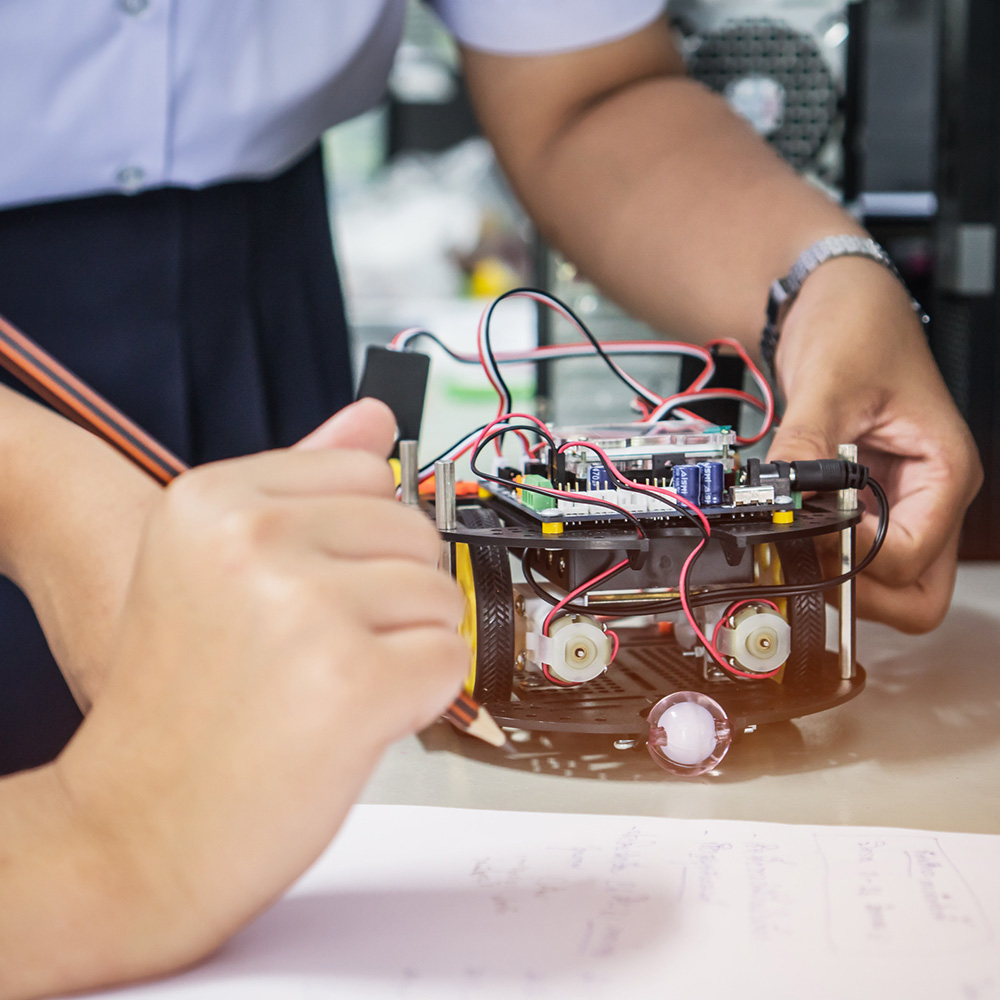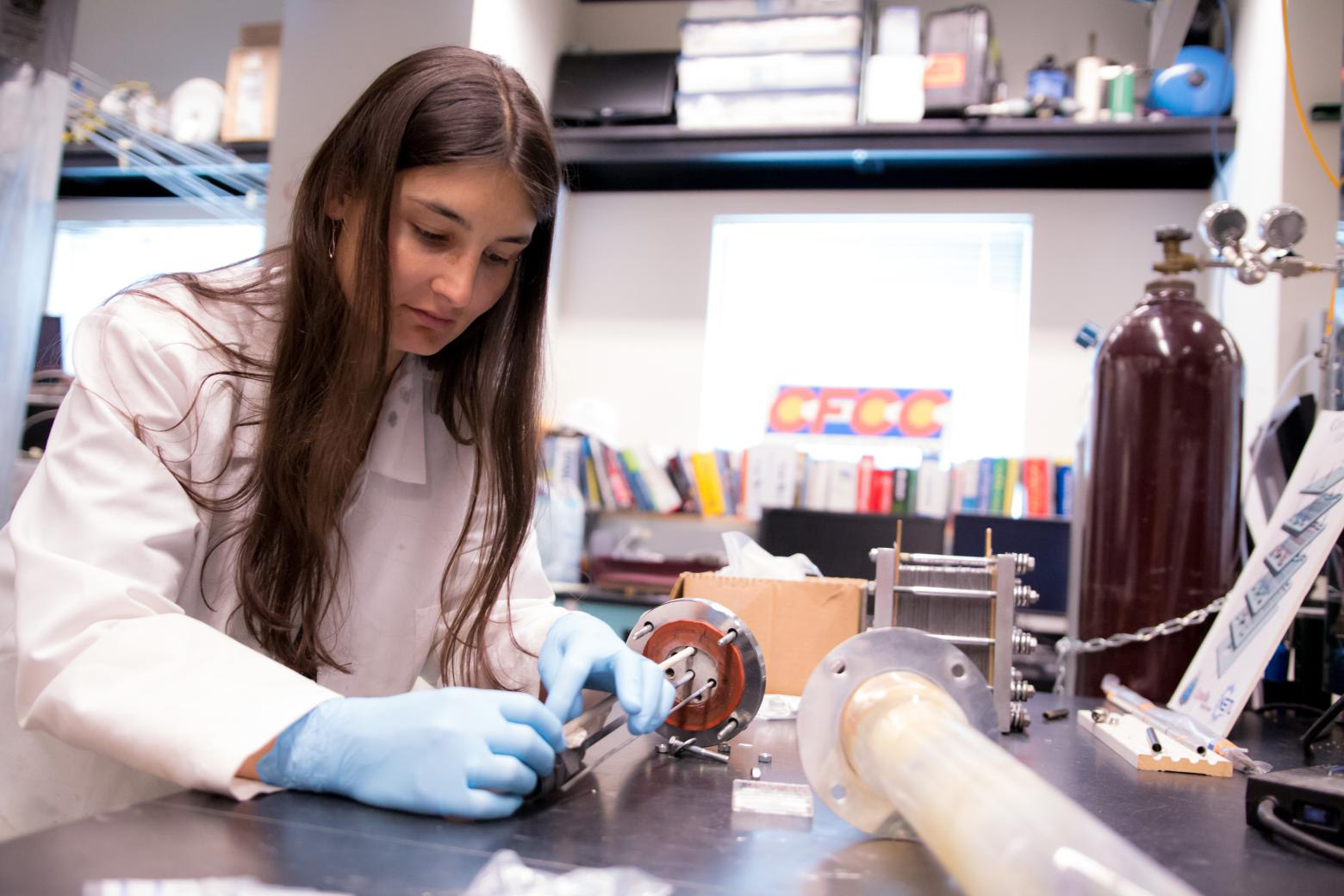Foundations of Responsible Innovation
Building solutions in global context
Foundations of Responsible Innovation: Focus Areas
Scientists and engineers aspire to improve our world through innovation. To achieve this, it is paramount that our research incorporates social, cultural, economic, political, ethical, and environmental considerations. At Mines, we have created a research culture that seeks to understand the human experience and its intersections with science, engineering, and the environment. This integrative perspective is the foundation of impactful and responsible research and innovation. Explore our Foundations research by focus area:

Intersections of Science, Policy, & Governance
Examining processes of policymaking and governance and engaging with decision-makers to leverage Mines’ technical expertise and address the most pressing challenges of our world.

Engineering Global Sustainability
Exploring the interconnection between environmental stewardship, social equity, and economic growth to build a resilient and sustainable future.

Economic Feasibility & Social Acceptance
Understanding the economic and social drivers that influence resource and technology development and adoption in communities across the globe.

Entrepreneurship & Innovation
Identifying sociotechnical opportunities and delving into the factors that promote entrepreneurship to transforms ideas into market-ready products and services.

Communication & Public Engagement
Exploring how attention to social context can inform research development, enhance public accountability of science and engineering, and inspire community interest in science.

Ethics & Values
Investigating the inherent ethical dimensions of science, engineering, and society to promote responsible research and actions that are aligned with diverse human values.

Transforming Engineering Education & STEM Workforce
Understanding student learning and developing project-based experiences that integrate the environmental, social, and technical dimensions of STEM education to build an innovative and ethical future workforce.

International Relations & Global Studies
Studying the international dimensions of social, technical, and environmental systems, and engaging with the global community of researchers and leaders working to build a better global future.

“Mines is unique among engineering schools, because we have innovative social scientists who study science, technology and engineering and use that knowledge to collaborate with our peers. This means that as an institution, we have a real opportunity to lead the practice of interdisciplinary, transformative research that really makes a difference.”
– Dr Jessica Smith,
Professor, Engineering, Design, and Society Division
Director, Humanitarian Engineering & Science Graduate Programs
Uniquely Mines: Explore our distinctive opportunities, expertise, & facilities
Foundations of Responsible Innovation: Research Collaborations
Mines embraces a culture of collaboration and has a history of building strategic partnerships across industry, academia, government, and national labs. Sharing capabilities and expertise enables us to accelerate and broaden our impact as we work together to engineer innovative solutions. Discover our Foundations collaborations:

Foundations Related News
- Mines faculty-founded biomaterials company wins inaugural Mines Venture Fund I investment
- Students tackle energy problems at GEFI Innov8x Challenge
- USGS, Mines break ground on new facility focused on energy and minerals research
- Tabares-Velasco awarded two DOE grants for work toward energy efficiency at any income level
- Innovation takes center stage at Mines with creation of Entrepreneurship & Innovation Ecosystem





